It’s a tricky, complicated & challenging step to start your own company. An extensive to-do list is constantly there, and you may find yourself wearing many hats at times. If you aren’t making money, your business is more a hobby. However, properly managing and arranging your small business finances may contribute to your company’s success and guarantee that you accomplish your profit goals. Depending on your goals, there are different ways to organize your small business money, just as there are numerous ways to manage your accounts.
The Following Are The Five Most Crucial Steps To Take.
-
Maintaining A Record
You can keep track of how much money you make on an annual, monthly, or even daily basis. I like to track my money in a spreadsheet, which I split into categories to represent my company’s many revenue streams. If you utilize invoicing or accounting software, you may use a program to track your company’s revenue. Another benefit of tracking your earnings is that it allows you to better monitor things, observing if and how the data alter. If you have a specific income goal, you should undoubtedly begin tracking your finances regularly. Please keep track of your expenses and audit them. Maintain track of your expenses if you want to keep track of your revenue. To save a business afloat, entrepreneurs must fork out large sums of money. Some of your company’s expenses may be tax-deductible, decreasing your taxable income. It will also have the additional effect of reducing the quantity of money in your pocket. As a result, most business owners make less than they do. You may track your spending in the same way you follow your income. It allows you to examine your expenses regularly, ensuring that you are not overspending on unnecessary costs.
-
Keep A Separate Bank Account.
It would help if you started separating your cash as soon as your company started making money. I stored all of my personal and company money in one account my first year in business, something I later regretted. You may avoid this bother by opening a separate bank account for your business. If you have an EIN, you may establish a corporate bank account or open a different personal account and run it as a business account. Allow your income to go into that account, which you may then use to meet all of your expenses. Every month, you’ll get a statement, making it simple to keep track of your financial situation.
-
Maintain The Security Of Your Company
Each company has its level of protection, but you may want to consider getting some insurance or becoming an LLC or an S-Corp. By incorporating an LLC or S-Corp, you may separate your company’s identity and finances from your funds. For example, if you were ever before a court of law, your personal property and assets would not be held responsible. You will be reminded to renew any applicable certificates or licenses required to remain compliant by adding them to your calendar. Protecting your business is the most effective way to ensure that any financial problems in your company do not flow over into your assets.
-
Consider How You Will Be Compensated.
You want taking payments to be as straightforward as possible. To do so, you must first establish how you will be paid. This choice is influenced by how your organization runs. For example, if you provide a service, you may want to issue invoices regularly. If you sell items, you may want to accept credit cards in person or set up an online shopping cart on your website. Compare options and costs to get the best solution for you.
-
Hard Copies Should Be Sorted And Digitized.
I wouldn’t say I like dealing with paper mounds. As a result, to keep my firm organized, I endeavor to digitize as many financial papers as feasible. You may save documents digitally and protect them using a third-party security solution. For security reasons, you do not have to and should not store anything on your computer. If you want to keep physical copies, go through them and store them in a file cabinet. You’ll want to keep track of important papers like:
- Accounting and bookkeeping records
- Bank records
- Contracts include leases and purchase agreements.
- Applications for patents and trademarks
- Permits and licenses
- Personnel records
Trust me when I say that organizing and digitizing these resources will be a piece of cake (if necessary will pay off big time when taxes are due).
Conclusion
Setting aside time regularly to analyze your company’s finances is crucial. Because your income and expenditures will fluctuate, it’s critical to check in often to stay top of things. Schedule a weekly finance meeting to remain organized and avoid falling behind. When your company’s finances go off the rails, staying productive and understanding what’s going on is challenging. It may allow factors like debt to creep in and impede you from attaining financial success with your company. These six basic steps can assist you in getting started and organizing your small business finances.

